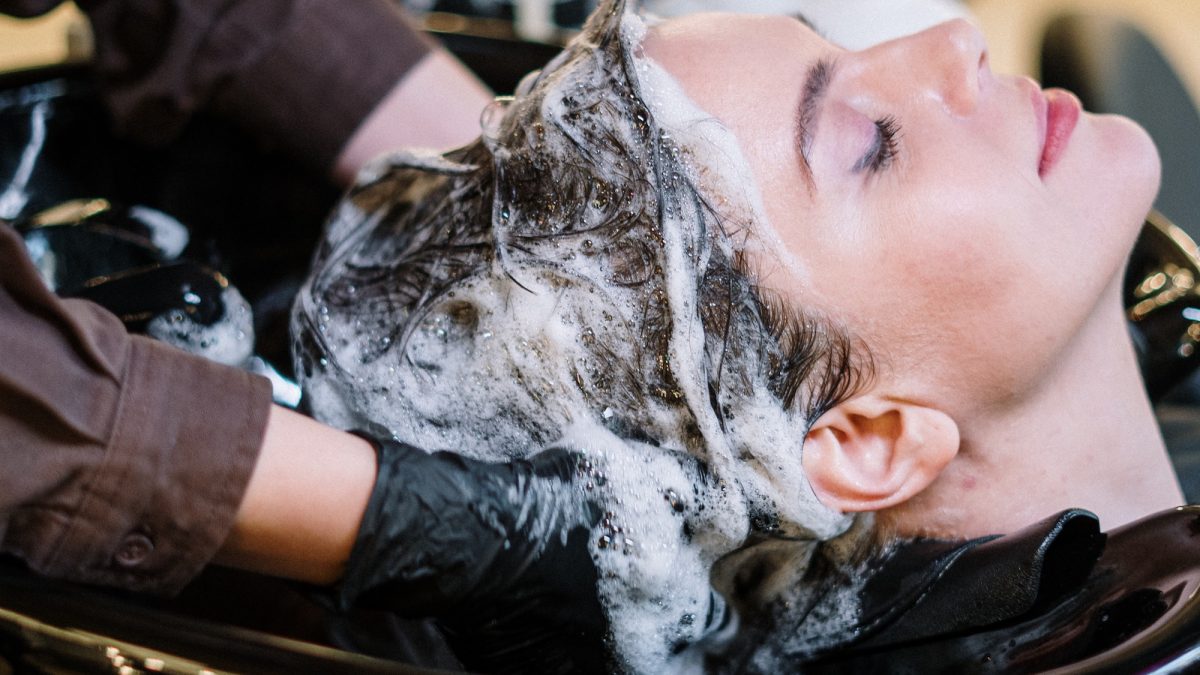Wash Their Hair
{A Written Practice}
Wash Their Hair
Because we really need someone to touch our heads.
Maybe you think it's dumb, but at this particular moment, in the spring of 2020, 10 weeks into shelter-in-place, this is one of the loveliest things you can do for someone you care about. We are, all of us, starving for touch contact (except people who don't like to be touched.) The scalp is covered with nerve endings. It is very sensitive to touch. In Portuguese, the word cafuné refers to running your fingers through the hair of someone you love. We do this because we are social creatures, we like to groom one another, and because it is regulating.
If you have children, it doesn't have to be washing their hair, but if you find them getting dys-regulated, ask yourself when was the last time that they were able to receive regulation through touch? Most of the time, before this moment, kids were playing, rough-housing, bumping up against eachother. But now– six feet apart? They may or may not realize how much regulation they were getting through touch. About a month ago, when my 10-year old got super cranky, I realized it had been a month since she had really been held. Co-regulation is real, and physical co-regulation through touch is very important. Having someone to hug, snuggle, cuddle: this has measurable regulatory effects on our physiology.
We were sitting in her room. So for the next fifteen minutes, I (with her permission) squeezed her, tapped her, gave her joint compression (squeeze and cup with both hands around the joints: knees, elbows, wrists.) I gave her a bit of massage. I worked with pressure points in her face. The physicality of this: touch and compression, squeezing, vibrating...all of this is important. About five minutes in, she began to growl. This is not a sound that she ordinarily makes. For the next ten minutes, as I squeezed, shook, and tapped her, she growled. After fifteen minutes she stood up, looked at me, said 'Dad, I miss you,' and was fine. No one told her to growl. This guttural sound– a pure transmission from her body: non-cognitive, innate, animalistic: this is what re-regulated her. And touch.
We don't generally realize, until it is taken away, how much of our regulation comes through touch.
Photography: | Licensed from Pexels.com, used with permission.


